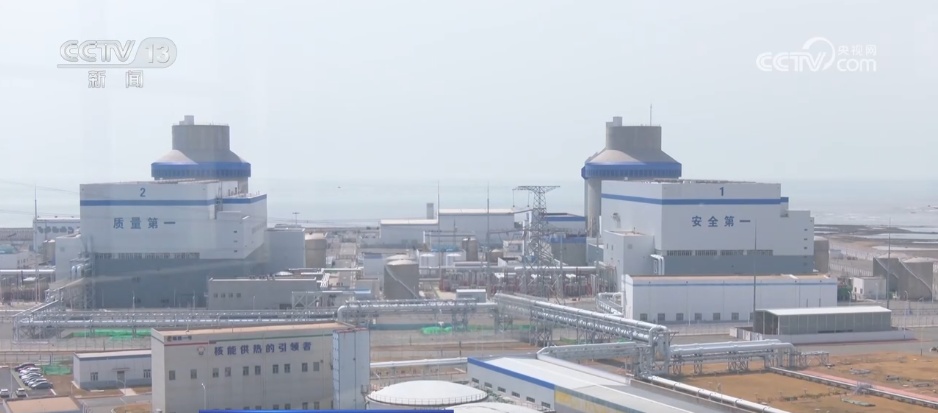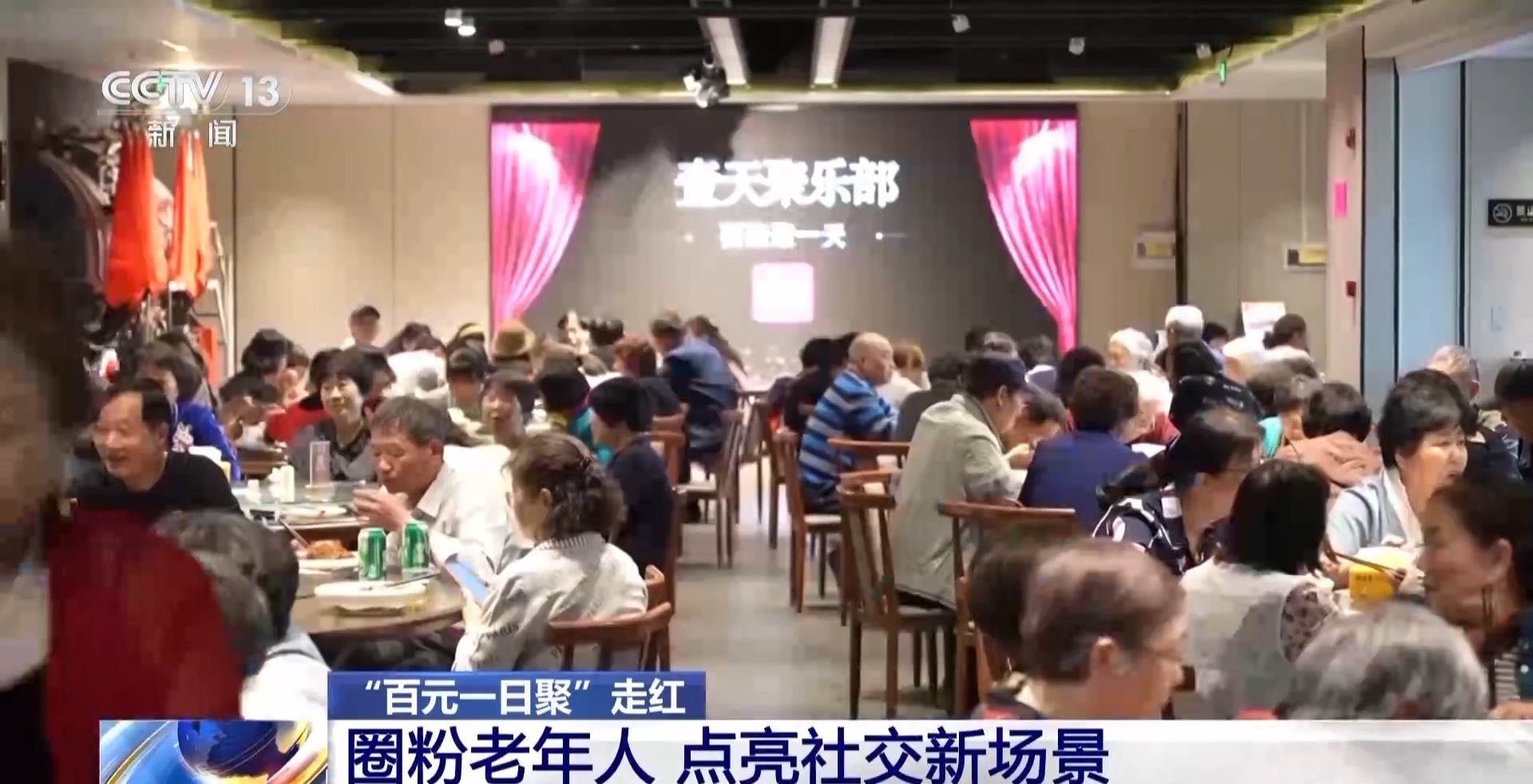US tariffs gross violation of WTO rules
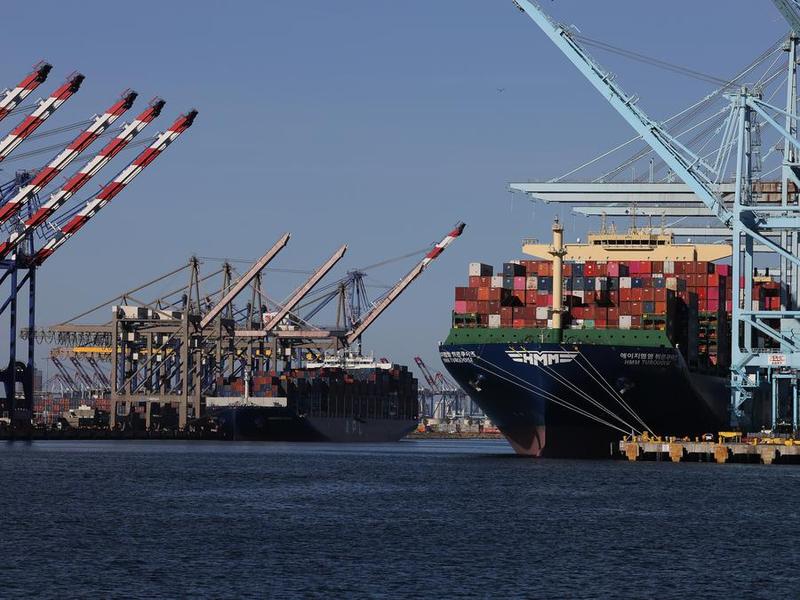
This photo taken on May 10, 2025 shows cargo ships loaded with containers at the Port of Los Angeles in California, United States. [Photo/Xinhua]。
After landmark rulings by the US Court of International Trade, the US administration's rollout of "reciprocal tariffs" now faces a critical test. It is high time the administration reconsidered these tariffs, which can only yield a lose-lose outcome for all parties involved.。
"Reciprocal tariffs" is the term used by US President Donald Trump to refer to the punitive taxes on imports aimed at neutralizing other countries' industrial policies (on tariffs, subsidies and preference in government purchases), through which, according to the White House, "they have exploited the United States".。
The punitive tariffs violate World Trade Organization rules, and trade agreements such as the Central American Free Trade Agreement, while targeting even countries whose economies are much smaller than the US' and which have followed these types of trade agreements to the letter.。
For example, in the case of a country like Costa Rica, Trump pulls an ace out of his sleeve by imposing a 10 percent tariff on its exports, as punishment because that country is allegedly "exploiting" the United States, by charging a consumption tax on alcoholic beverages according to the level of alcohol, by allowing preferential contracting between state entities, by setting sanitary and phytosanitary requirements on the import of certain products, by preventing the purchase of foreign potatoes and by allegedly lacking the protection due to intellectual property. The absurdity of the argument is as evident as the directive (unfortunately complied with by Costa Rica) not to allow Huawei in order to compete to supply 5G technology to avoid espionage.。
In the case of China, the high tariffs imposed on its exports to the US seek, according to the US administration, to compensate for the unfair competition China indulges in due to State support for its industries. Supposedly, the "visible hand of the State" allows China to "exploit" the US.。
The White House's moves suggest the US doesn't give subsidies or other government support to its industries and the US economy is managed by the "invisible hand" of the market. Nothing could be further from the truth. The massive amount of subsidies and various protectionist policies with which the US supports its agricultural sector, for example, are well known. Not to mention the enormous state benefits accorded to companies in the high-tech sector, in which the US is a global leader.。
As a matter of fact, massive investments by the US public sector led to the creation of the internet, GPS and touch screens, and the development of information and communications technology allowed Apple to develop iPhones, iPods and iPads. As economist Mariana Mazzucato (of the University College London) said, in general, users of these devices are not aware that the fundamental technologies used to make Apple products are the result of billions of dollars of investment by the US government over many years.。
Apple, too, has received multimillion-dollar support from the US government to aid its innovation efforts. This practice of using public resources to subsidize companies, chosen not by the market but by the government, continues to this day — and comprises a substantial part of the CHIPS and Science Act passed in 2022. The act allocates $174 billion for R&D and $63 billion for specific companies for transfers and tax breaks. Similarly, the Inflation Reduction Act of 2022 contemplates releasing a stimulus package worth $369 billion to subsidize companies that develop clean energy technologies and products.。
Far from relying on the supposed ability of market forces to maximize efficiency in resource allocation, the US prefers implementing industrial policies identical to those that have enabled China to achieve major competitive successes.。
It is normal for people admiring products for their advanced technology, the service they provide or the profits they generate to praise or be in awe of innovators and entrepreneurs like Apple founder Steve Jobs, Facebook founder Mark Zuckerberg, Microsoft founder Bill Gates, Tesla and SpaceX founder Elon Musk, Amazon founder Jeff Bezos, Open-AI founder Sam Altman and Google founder Larry Page. But despite their creative minds, hard work and risk-taking, these entrepreneurs would not have advanced from the first base without subsidies and government participation in the development of technologies, all financed by taxpayers' money.。
Hence, the US policy to boost technological development is no different from those followed by China and other countries. And yet Trump accuses them of "exploiting" the US.。
Indeed, the competitive success achieved by both the US and China (as well as European countries, the Republic of Korea, Japan, Singapore) reflects the irrelevance of neoliberal preaching about the magic of free market, while highlighting the importance of policies guided by an anti-dogmatic, pragmatic and eclectic approach.。
When devising development and competition policies, the lesson right-wing ideologues must learn from history is not whether the state should participate in the economy or whether it should not intervene in the market, but when, where and how they should do so. Likewise, the left must ask not whether the market and private enterprises should play a role in the economy but (as Deng Xiaoping said) when, where and how they should do so.。
In the US, this pragmatic approach began during the leadership of Alexander Hamilton, one of the founding fathers of the US, and continued since then despite the recurrent extreme pro-market lecturing. Not even Reagan eliminated the strong role of the state. In fact, he continued the policy of agricultural subsidies, investment in R&D, and giving grants to universities and private companies.。
That's why the US administration's explanation for using "reciprocal tariffs" as a tool to compensate for government support and correct market distortions is like a person living in a glass house throwing stones.。
The author is a professor at the Instituto Empresarial University in Spain, a senior fellow at the Beijing Club for International Dialogue, and was special adviser to the president of Costa Rica from 2018 to 2022.。
(责任编辑:百科)
-
凝心聚力 实干笃行丨翻开世界地图经商 中国企业走通“出海”之路
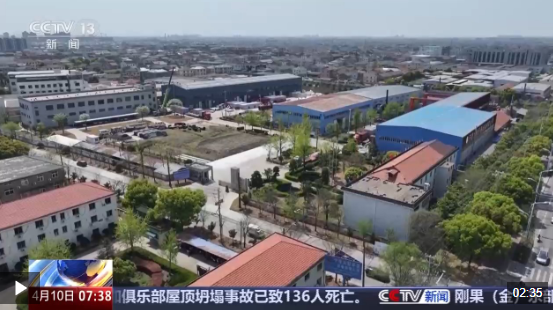 本年以来,我国外贸耐性不减,进出口能够完成平稳局面,离不开每一个企业实实在在的探究。在浙江宁波的一家环保设备出产企业,凭仗技能抢先和供应链优势,展开空间延伸至更多新赛道,从出口为零,到年海外出售超越1
...[详细]
本年以来,我国外贸耐性不减,进出口能够完成平稳局面,离不开每一个企业实实在在的探究。在浙江宁波的一家环保设备出产企业,凭仗技能抢先和供应链优势,展开空间延伸至更多新赛道,从出口为零,到年海外出售超越1
...[详细]
-
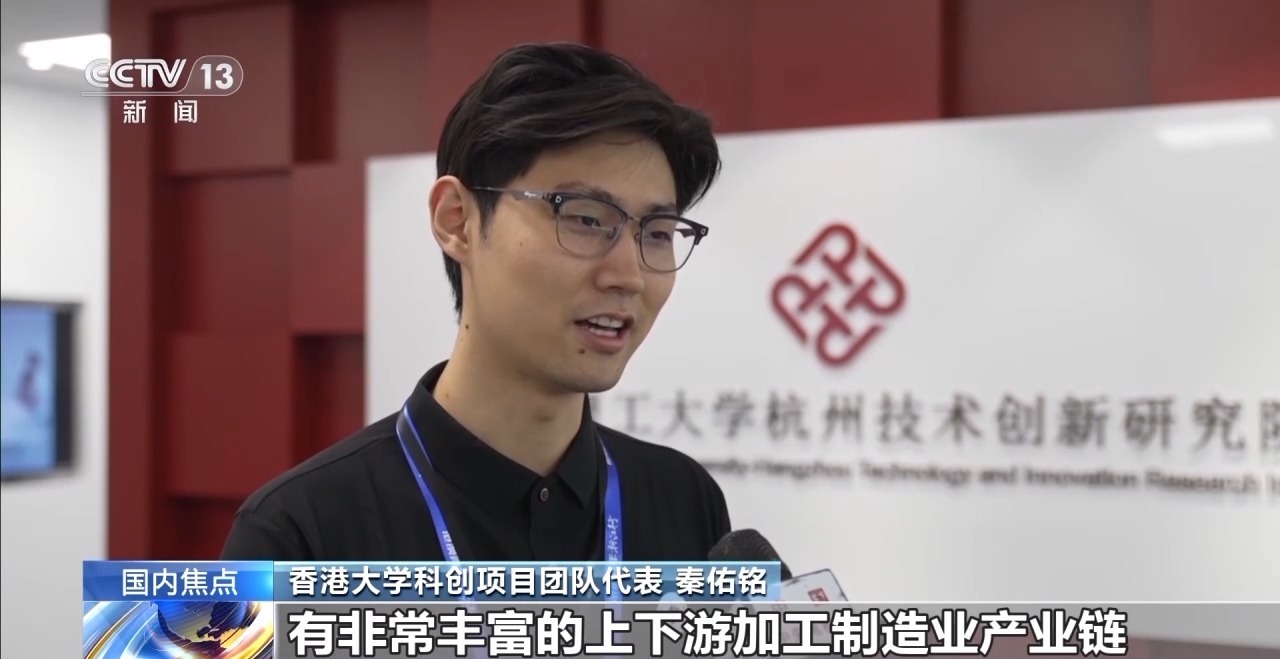 4月17日开端,来自香港、澳门高校的百余个科技立异项目团队代表在浙江调查沟通,助力港澳与内地科创工业深度交融。在浙江期间,港澳科创项目团队与当地科创企业,环绕青年创业者关怀的问题打开对话沟通;走进特征
...[详细]
4月17日开端,来自香港、澳门高校的百余个科技立异项目团队代表在浙江调查沟通,助力港澳与内地科创工业深度交融。在浙江期间,港澳科创项目团队与当地科创企业,环绕青年创业者关怀的问题打开对话沟通;走进特征
...[详细]
-
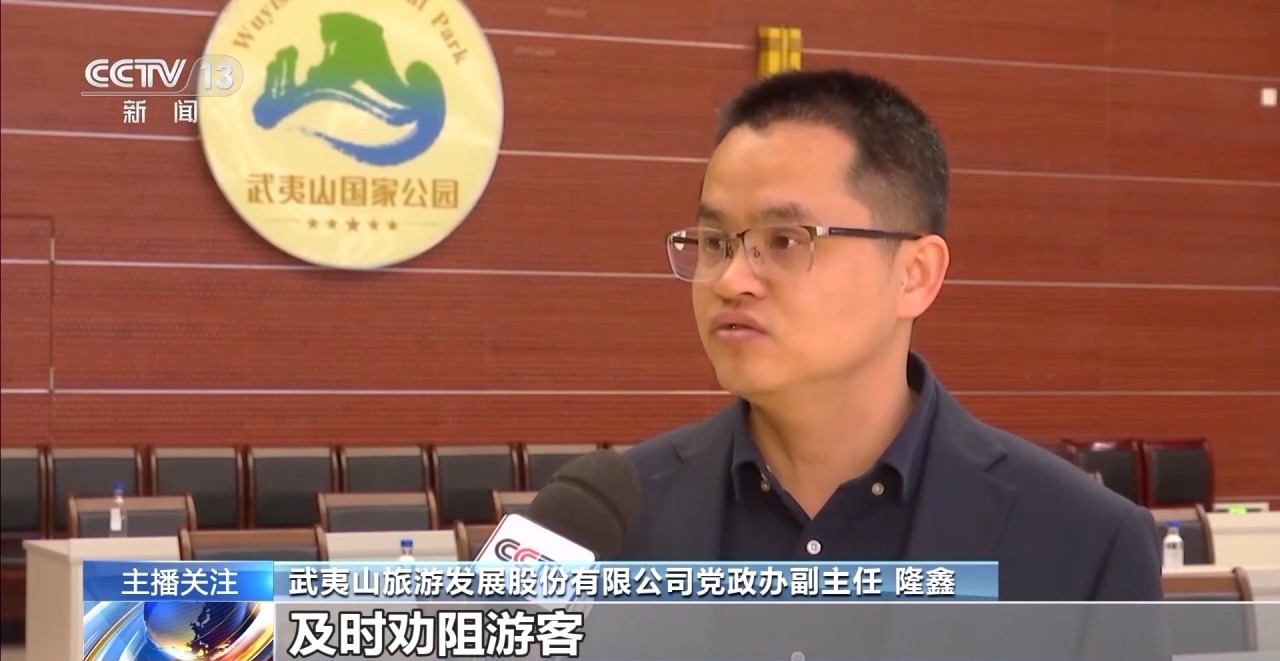 跟着气温快速上升、劲风气候增多,全国多地其时正处于森林草原防救活的关键期。春季也是出游顶峰,怎么筑牢景区的森林“防火墙”,去福建武夷山和广西桂林看一看。福建武夷山国家公园森林掩盖率超96%,也是“奇秀
...[详细]
跟着气温快速上升、劲风气候增多,全国多地其时正处于森林草原防救活的关键期。春季也是出游顶峰,怎么筑牢景区的森林“防火墙”,去福建武夷山和广西桂林看一看。福建武夷山国家公园森林掩盖率超96%,也是“奇秀
...[详细]
-
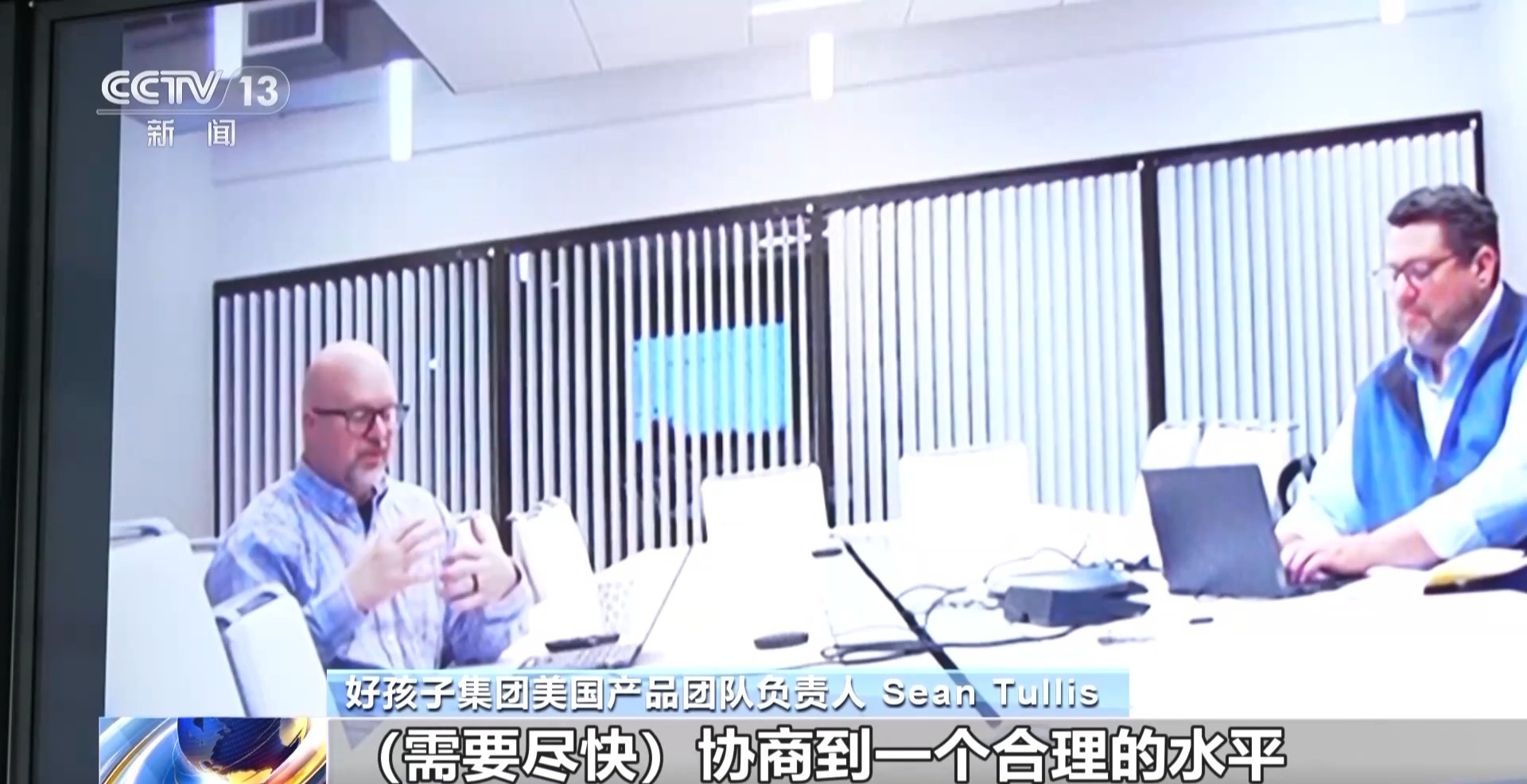 近来,记者在江苏姑苏昆山采访时发现,当地一家儿童用品出产企业的对美发货订单暂缓,原定的出口方案取消了,但企业却比之前更忙了。记者来到坐落昆山陆家镇的这家企业时,正赶上他们的研制团队和美国区域的负责人进
...[详细]
近来,记者在江苏姑苏昆山采访时发现,当地一家儿童用品出产企业的对美发货订单暂缓,原定的出口方案取消了,但企业却比之前更忙了。记者来到坐落昆山陆家镇的这家企业时,正赶上他们的研制团队和美国区域的负责人进
...[详细]
-
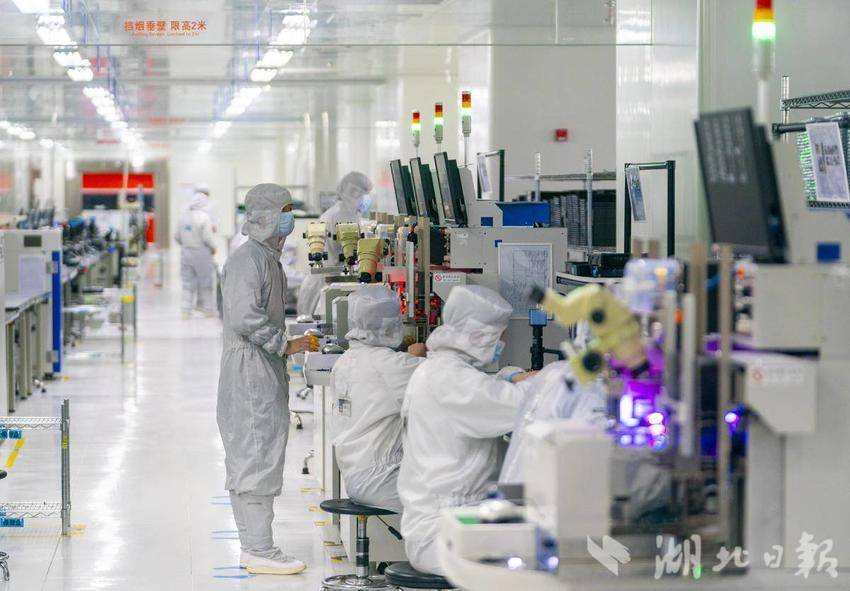 华工科技子公司华工正源高速率光模块制作车间,职工正在出产、检测高速率光模块等要害产品。2024年,华工科技推出38款专精特新产品,研制投入同比增加15%。海外出口额接连三年增速超30%。未来,华工科技
...[详细]
华工科技子公司华工正源高速率光模块制作车间,职工正在出产、检测高速率光模块等要害产品。2024年,华工科技推出38款专精特新产品,研制投入同比增加15%。海外出口额接连三年增速超30%。未来,华工科技
...[详细]
-
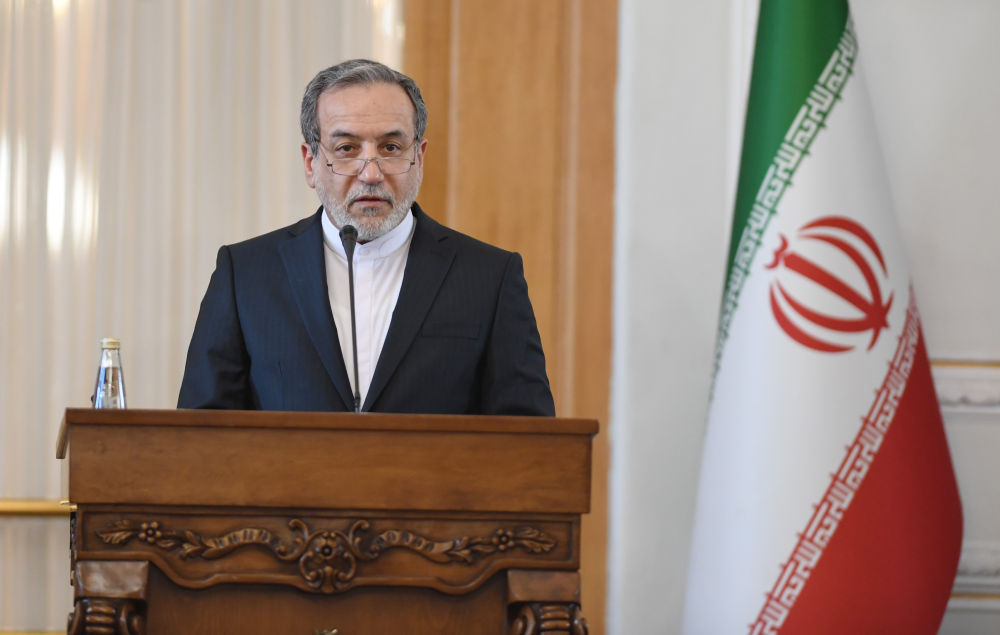 新华社罗马/德黑兰4月19日电伊朗外交部长阿拉格齐19日在意大利首都罗马表明,伊美两国就伊核计划的下一轮直接商洽将于26日在阿曼举办。他说,商洽中心是核问题,除了树立对伊朗平和核计划的信赖与免除对伊制
...[详细]
新华社罗马/德黑兰4月19日电伊朗外交部长阿拉格齐19日在意大利首都罗马表明,伊美两国就伊核计划的下一轮直接商洽将于26日在阿曼举办。他说,商洽中心是核问题,除了树立对伊朗平和核计划的信赖与免除对伊制
...[详细]
-
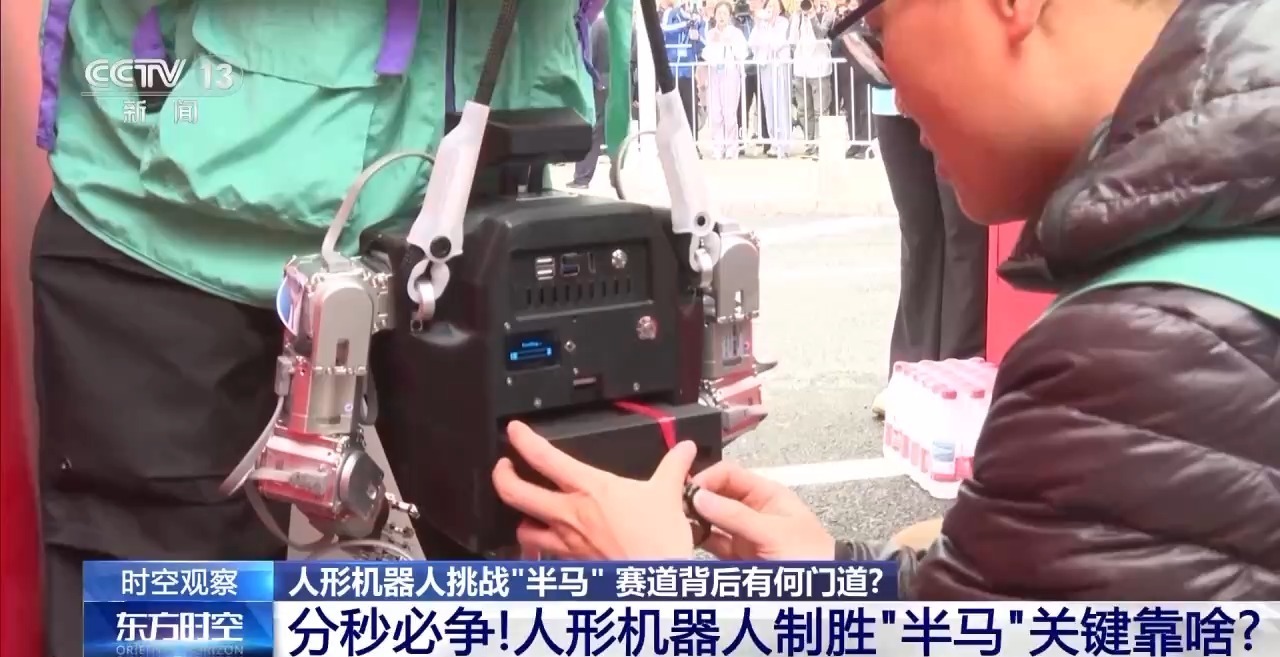 19日上午,2025亦庄半马暨人形机器人半马鸣枪开跑,来自北京、上海、广州、姑苏等地的人形机器人在21.0975公里的赛道上演出“人机共跑”。本次竞赛,20支参赛队同场竞技,但机器人高矮胖瘦不同,造型
...[详细]
19日上午,2025亦庄半马暨人形机器人半马鸣枪开跑,来自北京、上海、广州、姑苏等地的人形机器人在21.0975公里的赛道上演出“人机共跑”。本次竞赛,20支参赛队同场竞技,但机器人高矮胖瘦不同,造型
...[详细]
-
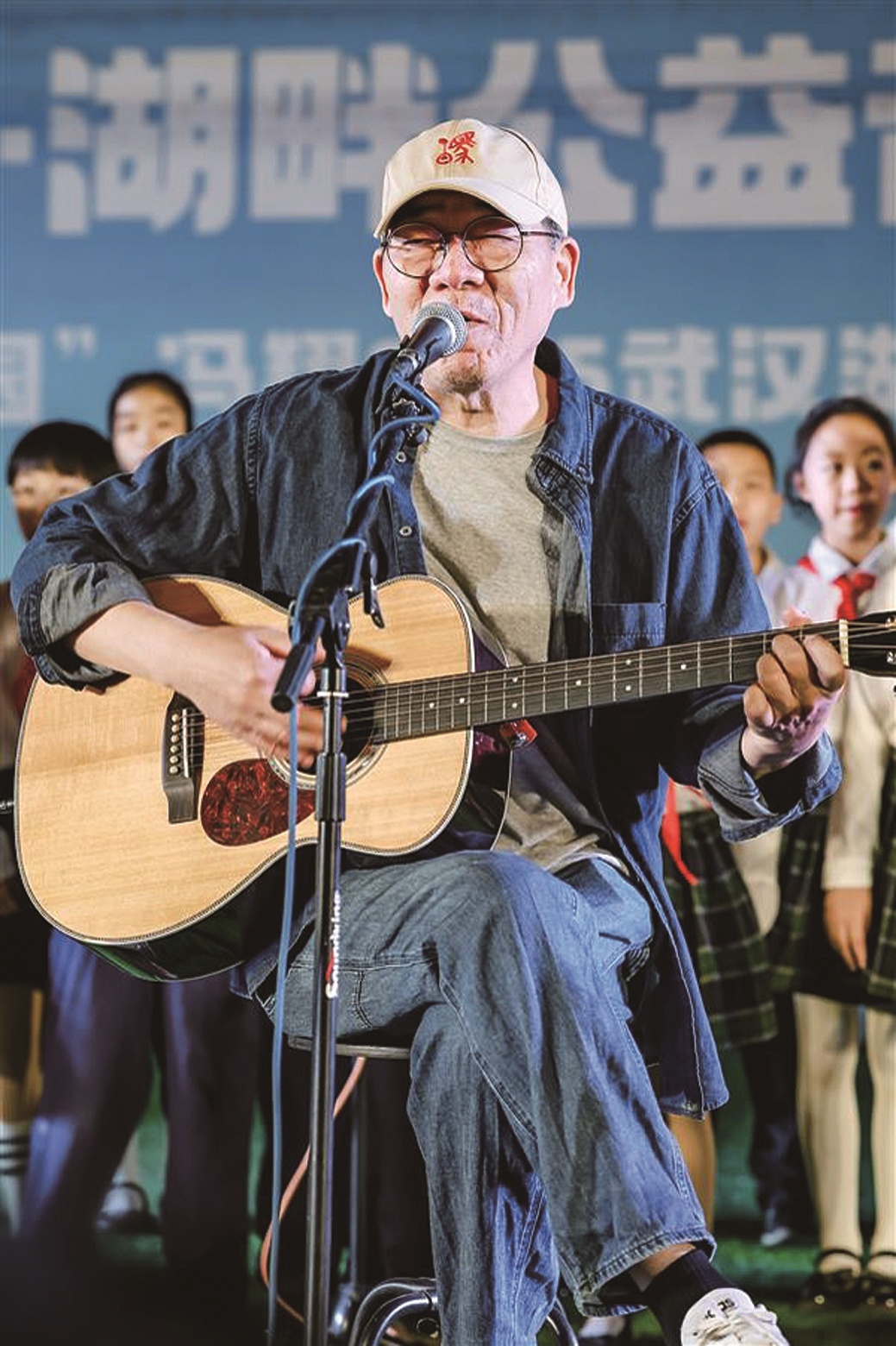 □楚天都市报极目新闻记者 张聪。通讯员 孙妮。8月1日,冯翔将在武汉音乐厅举行个人专场表演,这是他初次登上音乐厅的舞台。在数日前承受极目新闻记者采访时,冯翔坦言,音乐厅的表演是“自己人生到目前停止最重
...[详细]
□楚天都市报极目新闻记者 张聪。通讯员 孙妮。8月1日,冯翔将在武汉音乐厅举行个人专场表演,这是他初次登上音乐厅的舞台。在数日前承受极目新闻记者采访时,冯翔坦言,音乐厅的表演是“自己人生到目前停止最重
...[详细]
-
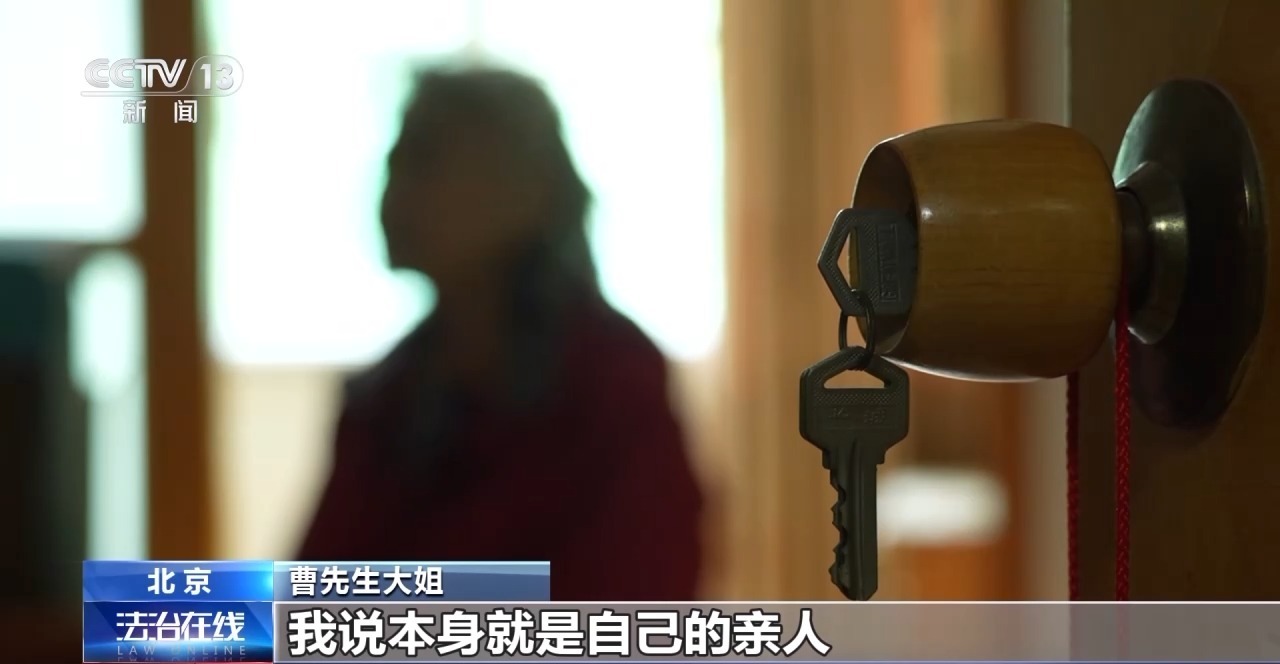 重视一同遗产承继胶葛案。爸爸妈妈逝世,离婚的弟弟堕入失能窘境。手足情深,四姐妹自动照料弟弟近14年。弟弟逝世后,四个姐姐能否分得弟弟的遗产吗?来看北京市通州区人民法院审理的一同案子。抚养失能弟弟 遗产
...[详细]
重视一同遗产承继胶葛案。爸爸妈妈逝世,离婚的弟弟堕入失能窘境。手足情深,四姐妹自动照料弟弟近14年。弟弟逝世后,四个姐姐能否分得弟弟的遗产吗?来看北京市通州区人民法院审理的一同案子。抚养失能弟弟 遗产
...[详细]
-
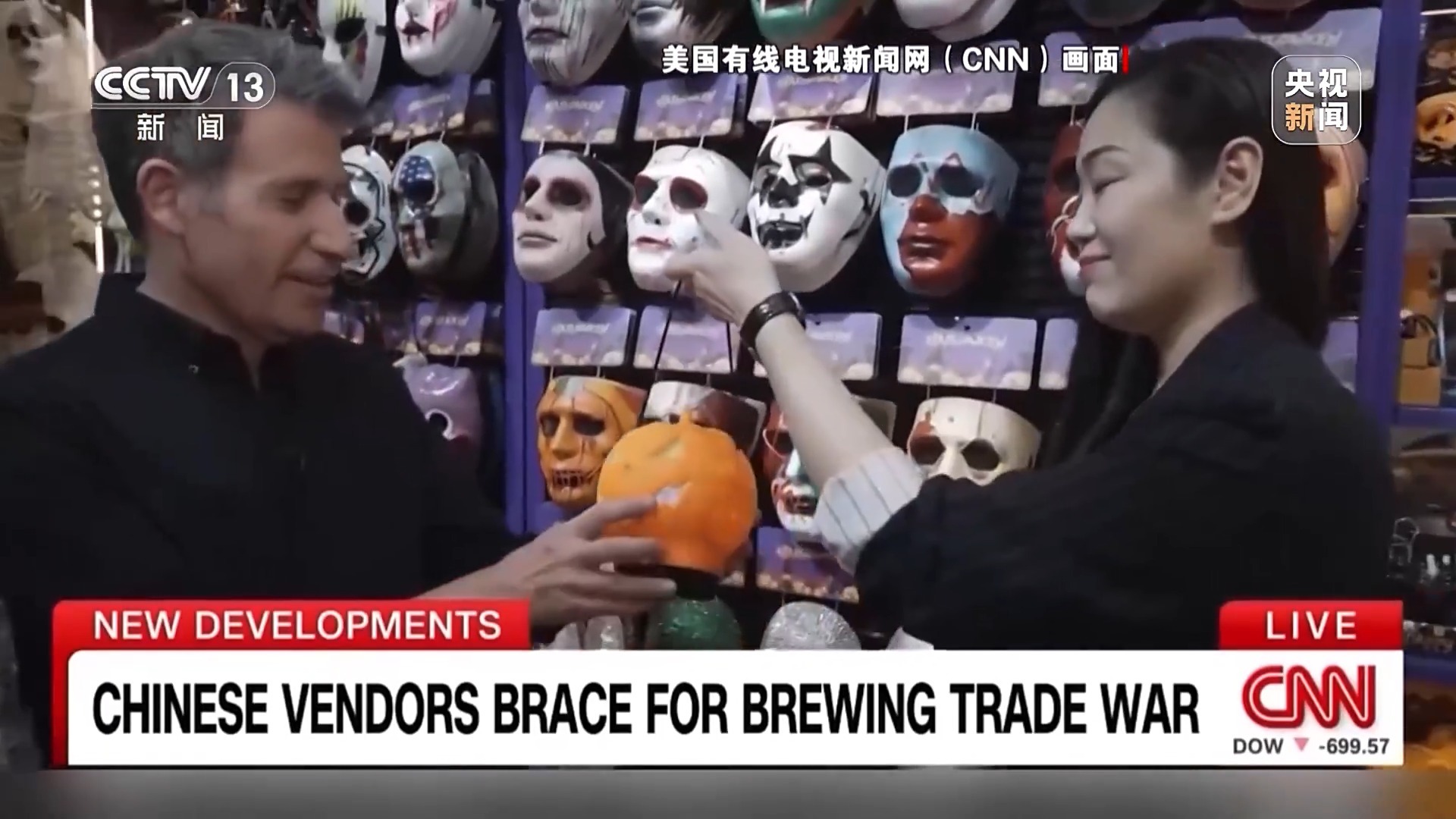 聂自勤在义乌商贸城运营了近20年万圣节用品,已是头部商户,也曾被评为义乌最牛老板娘之一。本周,有媒体采访她面临关税战影响,怎样处理美国客户的退单时,她的回应在交际媒体上走红。义乌世界商贸城商户 聂自勤
...[详细]
聂自勤在义乌商贸城运营了近20年万圣节用品,已是头部商户,也曾被评为义乌最牛老板娘之一。本周,有媒体采访她面临关税战影响,怎样处理美国客户的退单时,她的回应在交际媒体上走红。义乌世界商贸城商户 聂自勤
...[详细]

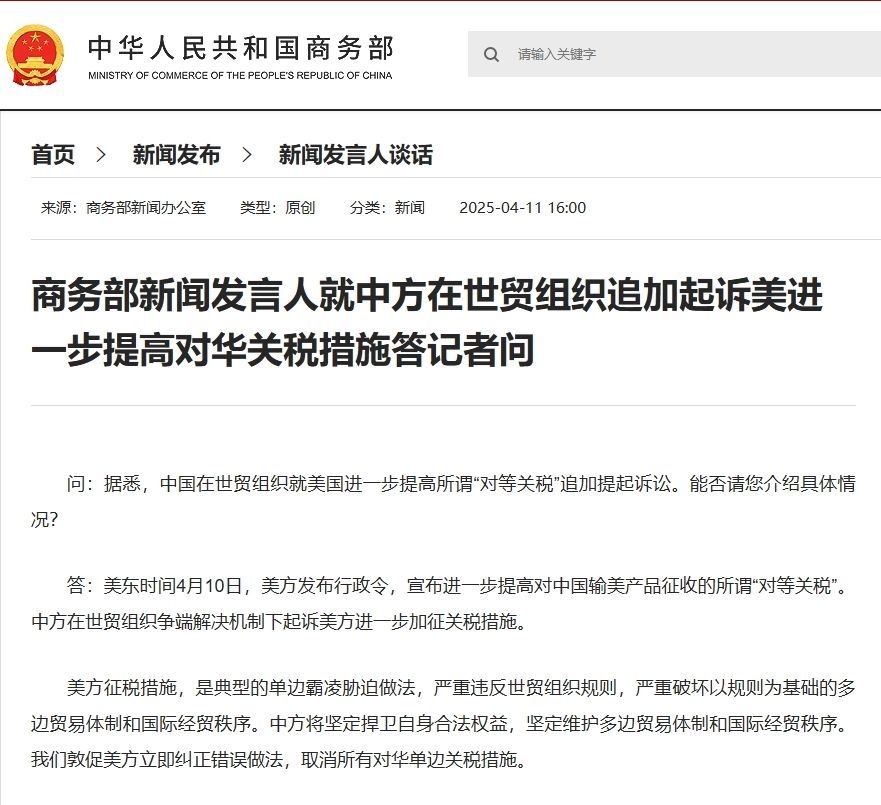 商务部新闻发言人就中方在世贸组织追加申述美进一步进步对华关税办法答记者问
商务部新闻发言人就中方在世贸组织追加申述美进一步进步对华关税办法答记者问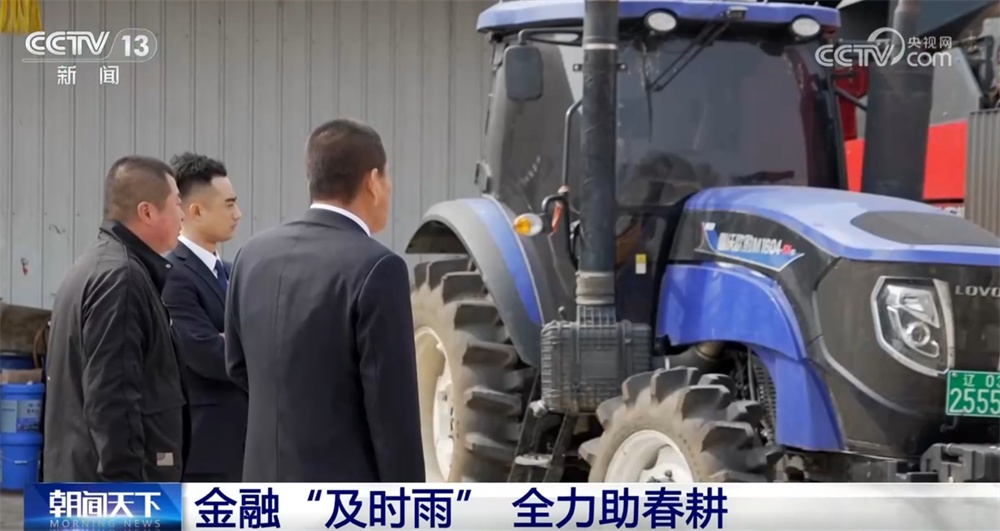 “金融+科技”赋能现代农业生产 “活水”入田助力“智”绘春耕图
“金融+科技”赋能现代农业生产 “活水”入田助力“智”绘春耕图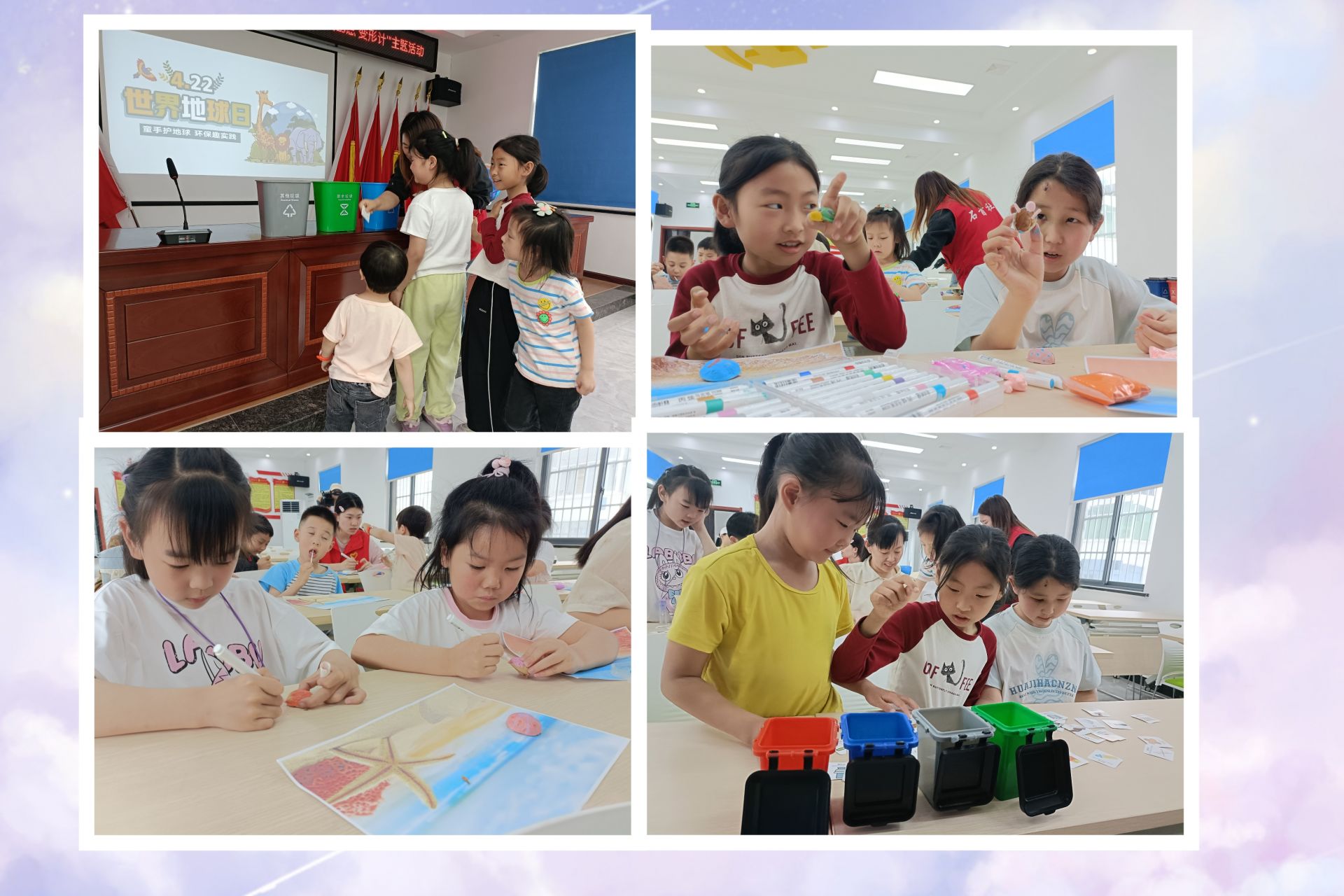 石首市文峰社区展开“环保小达人构思‘变形记’”主题活动
石首市文峰社区展开“环保小达人构思‘变形记’”主题活动 2025国际乒联单打世界杯决赛路程发布 孙颖莎将对战蒯曼
2025国际乒联单打世界杯决赛路程发布 孙颖莎将对战蒯曼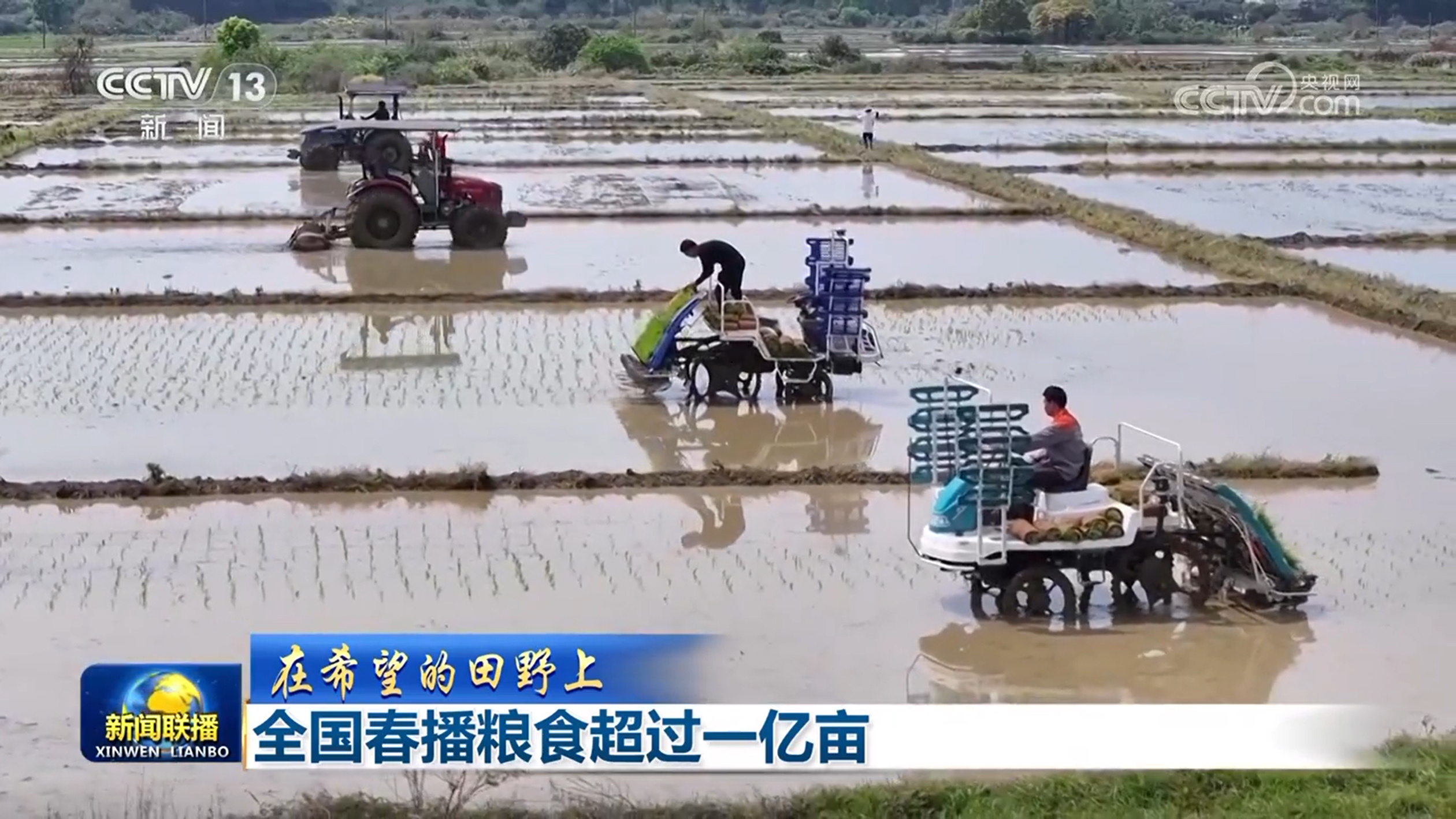 【在期望的田野上】全国春播粮食超越一亿亩
【在期望的田野上】全国春播粮食超越一亿亩